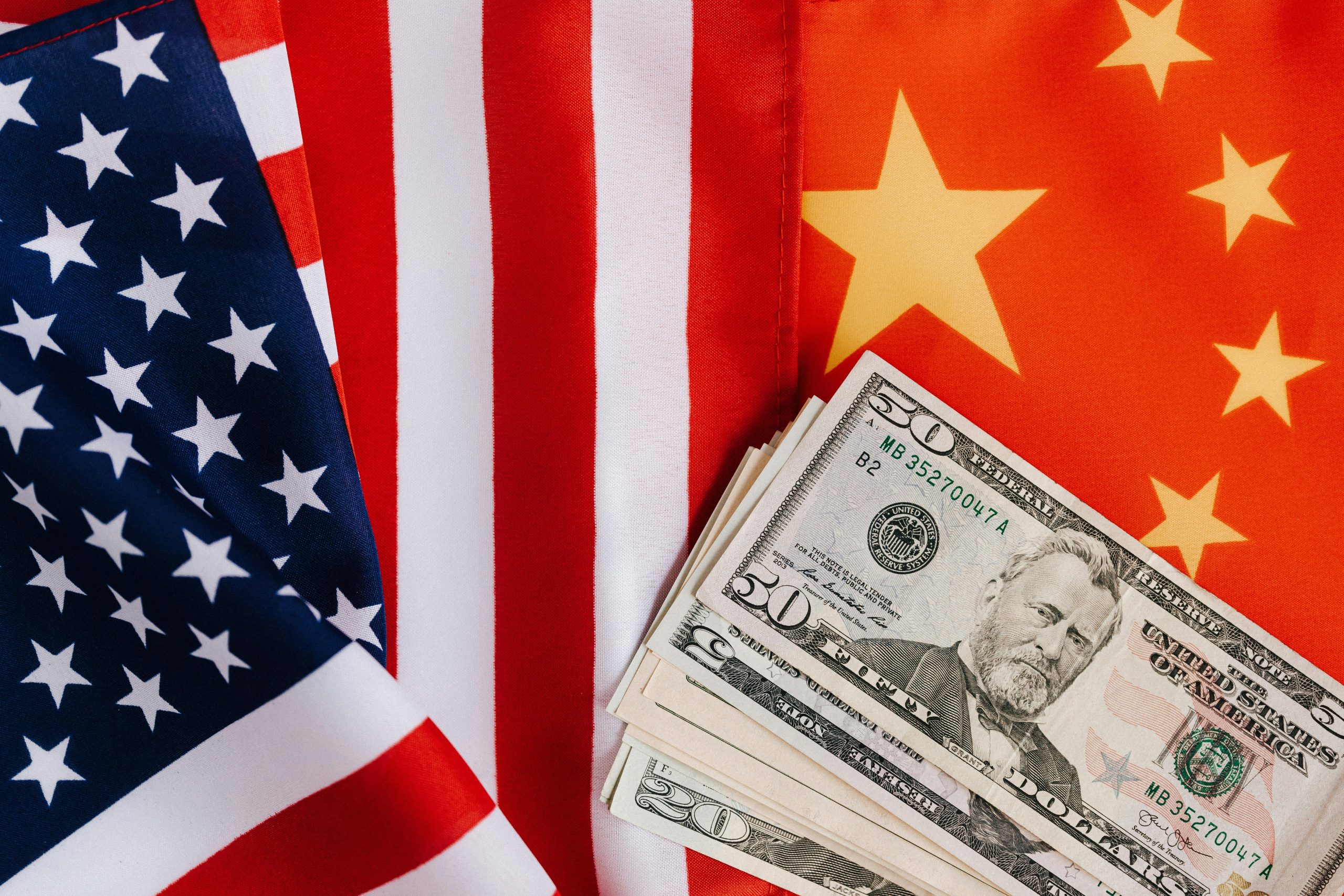Nvidia plans to release modified H20 chips for China, following U.S. export restrictions
Nvidia’s Strategic Move: Revolutionizing AI Access in China with Modified H20 Chips
In light of recent export restrictions imposed by the United States, Nvidia is taking significant steps to adapt its operations and maintain its competitiveness in the global market. The tech giant has announced plans to release modified versions of its H20 chips specifically tailored for China. This decision not only reflects Nvidia’s commitment to sustaining its influence in the country’s rapidly advancing AI sector but also underscores the complexities of navigating international trade policies.
Understanding the Impact of U.S. Restrictions
The United States has ramped up its scrutiny of semiconductor exports, particularly to China, intending to curb that nation’s technological advancements in AI and supercomputing. By implementing these restrictions, the U.S. government aims to mitigate potential security threats associated with advanced technologies. However, this has inadvertently created a gap for companies like Nvidia to innovate and find creative solutions for their products in constrained markets.
The Modified H20 Chip: Features and Benefits
Nvidia’s modified H20 chips are set to offer optimized performance, focusing on the specific demands of Chinese industries, such as telecommunications, finance, and manufacturing. These chips will be designed to ensure compliance with U.S. regulations while still providing powerful computing capabilities necessary for machine learning and artificial intelligence applications.
One of the anticipated advantages of these modifications could be enhanced energy efficiency and reduced operational costs, essential features for industries looking to scale their AI capabilities without drastically increasing expenditures. By catering to the unique environment and regulatory landscape in China, Nvidia stands to solidify its position as a leading player in the semiconductor market.
Addressing the Future of AI Technology in China
The release of these modified chips represents not only a business strategy but also a broader effort to foster technological development in China. As the nation continues to invest heavily in AI research and implementation, Nvidia’s proactive approach may bridge the gap caused by international restrictions. The collaboration between domestic and international companies can lead to innovative breakthroughs that benefit a wide range of sectors.
Moreover, the introduction of Nvidia’s H20 chips could catalyze local startups and established businesses in China to enhance their AI capabilities, creating an ecosystem of technological advancement that competes on the global stage.
Conclusion: A Vision for the Future
As we witness these developing scenarios in the tech industry, Nvidia’s strategic decision serves as a reminder of the interconnectedness of global markets. By adapting to challenges and innovating within imposed limitations, companies can continue to thrive and propel technological evolution.
In a world














Post Comment